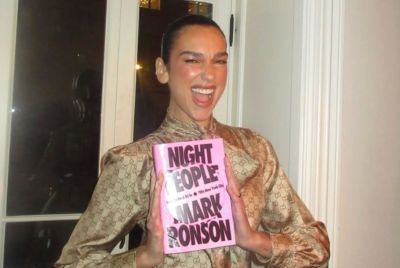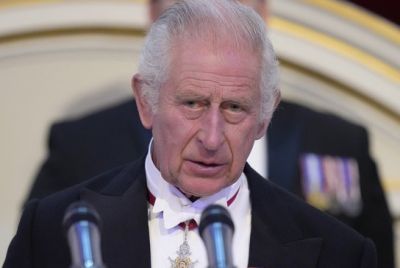Ukraine, Euro 2012: Germany will send a team
Germany is the latest country to reject calls for a boycott of Euro 2012 this June in the Ukraine. Yet again sport and politics are colliding – only last week tensions were high over the decision to continue with the Formula 1 Grand Prix in Bahrain as its people protested over human rights abuses.
Last week a series of four bomb blasts in Dnipropetrovsk injured around 30 people – including 9 children. That action was said by some to be the Ukrainian government's skewed way of diverting the world's attention away from the country's political turmoil.
Dramatic diversion indeed if it's true, though the government refutes those claims. The turmoil in question? Allegations made the husband and daughter of the country's former Prime Minister and Leader of the Opposition Yulia Tymoshenko that she's been beaten up in prison. She was imprisoned charges of abuse of office, charges which are disputed, and she's now on hunger strike. Some European leaders have condemned her jailing as politically-motivated revenge by the current President.
Earlier this week US Secretary of State Hilary Clinton said she was 'deeply concerned' about Yulia Tymoshenko's treatment. And now there's more angst over the safety of people, footballers and fans alike travelling to the country for Euro 2012. Ukraine says it's tightening up security and, just when there was an inkling that Germany might boycott the games, the President of their Football Federation confirmed the exact opposite today. Wolfgang Niersbach said 'In my personal opinion, boycotts of the Olympic games in 1980 in Moscow and 1984 in LA didn't produce anything good. We should use the chance of the European Championships to draw attention to the situation in Ukraine. We did the same last November when we played the national team in Kiev'.Meanwhile a further trial against Yulia Tymoshenkos for tax evasion has been adjourned – because of her ill-health - until the 21<sup>st of May.




















